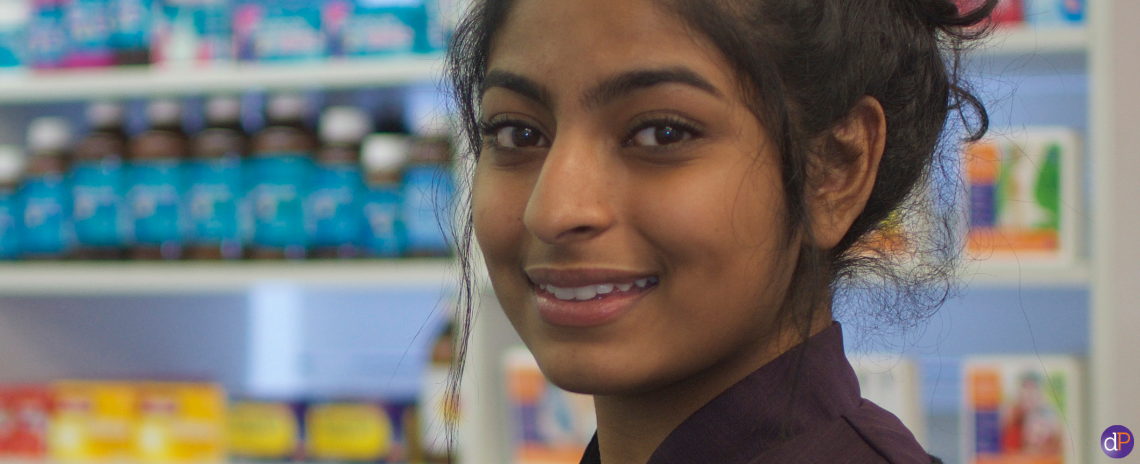Health Library

Student Health
Sexual health, embarrassing issues and much more
dearPHARMACIST is always available to provide practical help and support, ensuring you enjoy student life.
Alcohol is one of the biggest issues in student life. We all enjoy socialising and drinking. What we need to understand is what is the limit, and best ways to prevent going past the limit. Great tips to avoid over-drinking and reducing the bad effects are;
• Eat before drinking (this helps soak up alcohol)
• Consider drinking weaker beers like bitters and ales (rather than stronger continental lagers)
• Set a drinks budget (plan what to drink and stick to it)
• Have a strategic soft drink (to keep the body hydrated) or alternate alcoholic drinks with soft drinks
• Avoid drinking in rounds (which often means drinking at a faster pace)
• Use more mixers
Staying protected – sexual health is a crucial during university.
Condoms is one of the best ways of preventing pregnancy and Sexually Transmitted Infections (STI's). Condoms are safe and effective.
Emergency Hormonal Contraception (EHC)
If you have not taken proper precautions during sex and want to prevent an unwanted pregnancy, EHC is the best answer. EHC can be taken up to 72 hours after unprotected sex. However the sooner it is taken the more effective it is. If taken within 24 hours, it can prevent more than 90% of pregnancies.
EHC is also available free of charge from GPs, community contraceptive clinics and some pharmacies.
Sexually Transmitted Infections (STI's)
STI's are passed on through intimate sexual contact. Chlamydia, genital warts, herpes, and syphilis are by far the highest increase of STIs among the 16 to 24 year olds.
If you do not practice safe sex, you risk catching one of the following:
• Chlamydia
• Genital Warts
• Genital Herpes
• Syphilis
• HIV/AIDS
• Hepatitis
• Non-Specific Urethritis
• Pubic lice (‘Crabs')
• Scabies
• Thrush
• Trichomonas Vaginalis
Although many STI's show no symptoms at all, if you have any of the symptoms below or think you have contracted an STI, you should get them checked out with your GP or at a health clinic straight away to prevent the spread of infection to other people.
Symptoms
Women
• Unusual vaginal discharge
• Soreness, redness and itching around the vulva (lips of the vagina), the vagina and anus
• Bleeding between periods and lower abdominal pain
• Rashes, blisters, sores, itching sensations in the genitals or anal area
Men
• Discharge from the penis
• Burning, itching, redness and red patches under the foreskin or on the tip of the penis
• Problems pulling back the foreskin
• Pain or a burning sensation when passing urine or during sex
• Testicular pain or swelling
• Rashes, blisters, sores, itching sensations in the genitals or anal area
You can talk to dearPHARMACIST or visit a genitourinary medicine (GUM) clinic. These free clinics diagnose and treat STIs in complete confidence. You can visit any clinic within the UK for advice or treatment or go to your GP.
dearPHARMACIST can help you through your university years on issues such as Stop Smoking Support, Basic First Aid, Headaches, Coughs & Colds and General advice. Ask dearPHARMACIST.
Remember you can always visit dearPHARMACIST at Regent Pharmacy, 19 Windmill Street, Gravesend, Kent DA12 1AS. Come and meet dearPHARMACIST today.








